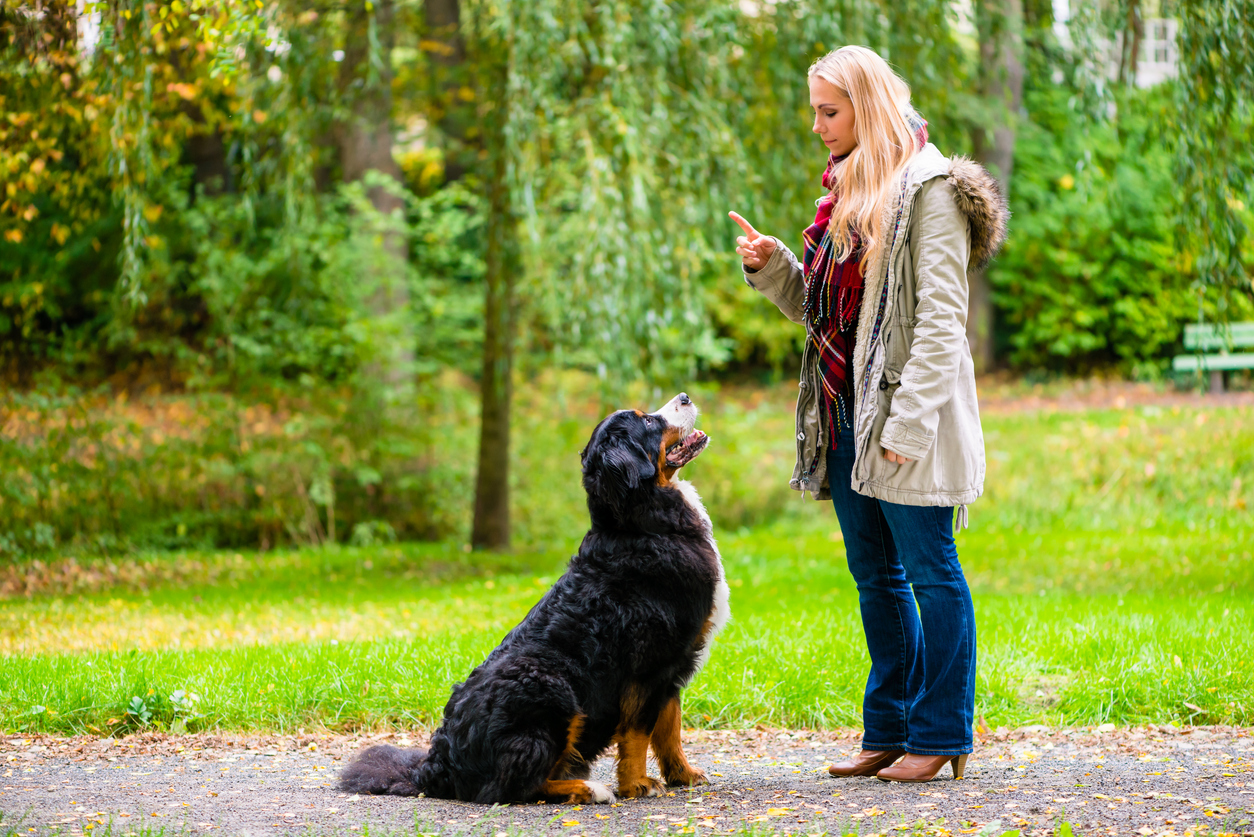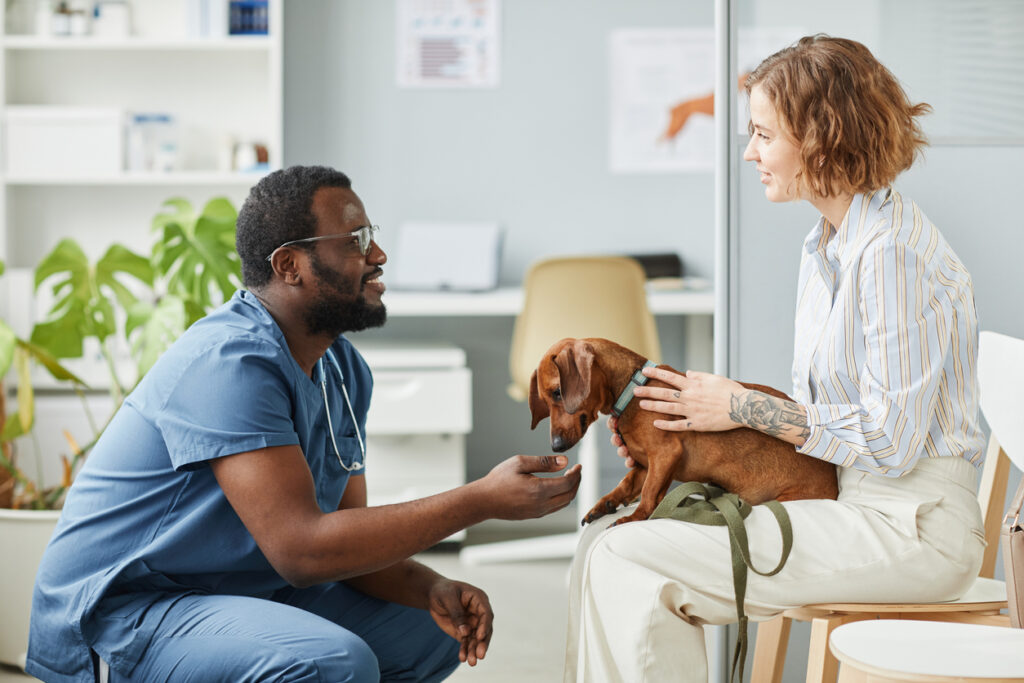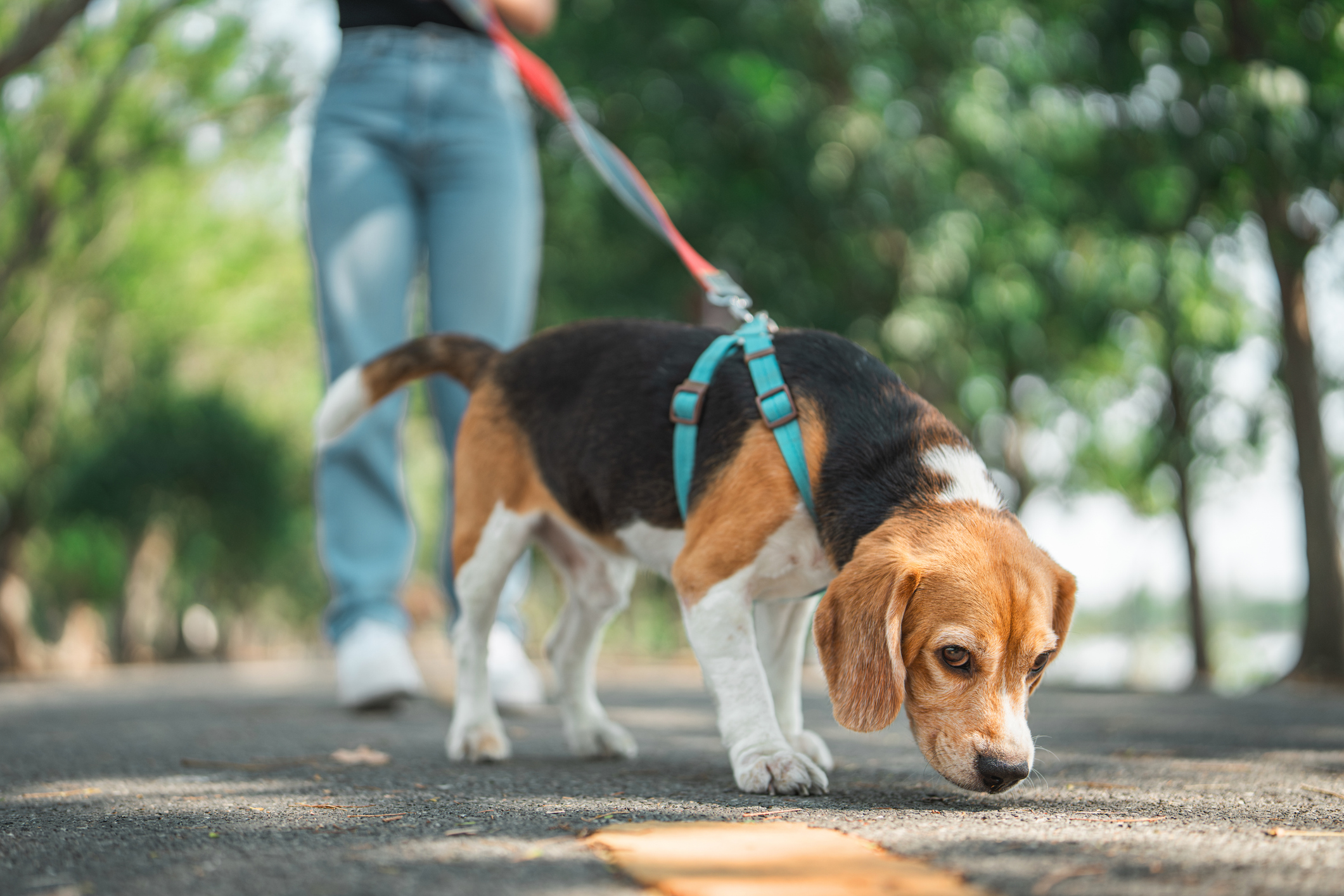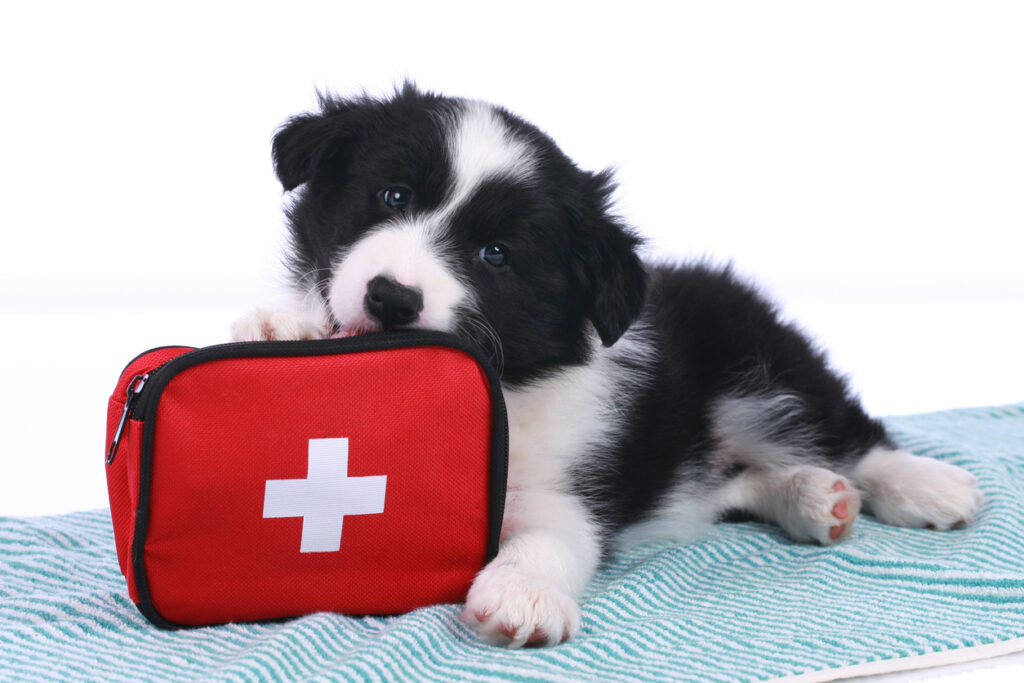These Simple Steps Could Transform You Into the Best Dog Parent Ever

Owning a dog is a joy, but it’s also a huge responsibility. Being a responsible dog owner goes far beyond belly rubs and playing fetch. It means keeping your pup safe, healthy, and happy while teaching them to live harmoniously with the world around them. If you’re wondering how to up your dog parenting game, start with these essential habits. They’re simple but make all the difference in your furry best friend’s life.
1. Feed Them Food That’s More Than Just Edible

Your dog deserves better than cheap kibble. High-quality meals tailored to their age, size, and energy level aren’t just about keeping them full—it’s about keeping them healthy. Overfeeding or giving unhealthy snacks might seem loving, but it’s really just setting them up for joint problems and diabetes. A balanced diet helps their coat shine and their energy stay stable, making every tail wag that much brighter.
2. Teach Them to Come When Called—It Could Save Their Life

Teaching your dog to come when called isn’t just convenient; it’s crucial. A strong recall ensures they return to you in potentially dangerous situations, like when they’re off-leash near a busy road. Make recall training fun and rewarding with treats, praise, and enthusiasm. Practice often—and never use it to call them back for something negative, like leaving the dog park. Make it a skill they’re excited to show off.
3. Be the Calm, Confident Leader They Need

Your dog looks to you for guidance. If you’re calm and confident, they’ll feel secure and at ease. Dogs thrive on structure and trust, so stepping up as a dependable leader builds a bond of respect. Frantic or inconsistent energy confuses them, leading to anxiety or bad behavior. A steady, relaxed demeanor lets your dog know you’ve got things under control—just what they need.
4. Get Those Teeth Sparkling—It’s More Than Just Bad Breath

Doggy dental disease isn’t just gross; it’s dangerous. Neglected teeth can lead to infections, heart problems, and pain. Brushing daily (or as often as possible) and providing dental chews can make a huge difference. If brushing feels daunting, start slow and make it a positive experience. And yes, fresher breath is a nice bonus.
5. Provide Both Rules and Cuddles—Yes, You Need Both

Dogs thrive on structure. Setting clear rules and boundaries helps them understand their place in your home, which makes them feel secure. But don’t forget the cuddles! Dogs need affection and connection just as much as discipline. Finding the right balance between guidance and love ensures your pup is both happy and well-behaved.
6. Take Their Health Seriously With Regular Vet Visits

Dogs are experts at hiding pain, so regular vet checkups are a must. Annual visits catch issues early—like dental disease, parasites, or joint problems—before they escalate. Preventative care is the key to giving your dog a long, healthy life. Think of it as an investment in more happy years together.
7. Let Them Sniff on Walks—It’s Their Version of Social Media

Dogs experience the world through their noses. Allowing them to sniff during walks isn’t just indulgent; it’s essential for their mental health. Sniffing provides sensory stimulation and helps them relax. Sure, it might slow you down, but think of it as letting them check their “social media”—a quick scroll through the neighborhood scents.
8. Socialize Them—Your Dog Shouldn’t Be a Recluse

Proper socialization helps your dog become a confident, well-adjusted companion. Expose them to different environments, people, and dogs in a calm, positive way. Early and consistent socialization prevents fear-based behaviors and aggression, making your pup a joy to bring anywhere. A socialized dog is less stressed and more adaptable to new situations.
9. Make Grooming a Routine—It’s Not Just About Looking Good

Grooming isn’t just about aesthetics; it’s a health necessity. Regular brushing prevents painful mats, nail trims avoid discomfort, and ear checks help catch infections early. A clean, well-groomed dog is a happy one. Plus, regular grooming sessions strengthen your bond and give you a chance to check for any unusual lumps or bumps.
10. Keep Dangerous Foods and Objects Out of Reach

Dogs are curious creatures, and their curiosity can be deadly. Foods like chocolate, grapes, and onions are toxic, while small objects can become choking hazards. Dog-proofing your home is as essential as childproofing—it keeps them safe from avoidable risks. A little prevention goes a long way.
11. Keep Their ID Tags Updated for Peace of Mind

Even the most obedient dog can slip out of your sight. An updated ID tag and microchip are your best bets for a speedy reunion if they ever get lost. Include your phone number and consider adding a GPS tracker for extra security. It’s a simple step that can save you and your dog a lot of heartache.
12. Exercise Their Body and Brain Every Single Day

A tired dog is a happy dog. Physical exercise like walks or fetch keeps them fit, while mental stimulation—like puzzle toys and training games—keeps their minds sharp. Without both, dogs can become bored and destructive. Find activities that suit your pup’s energy level and breed traits for maximum happiness.
13. Recognize the Signs of Stress Before They Spiral

Dogs communicate stress through subtle cues like yawning, lip licking, and avoiding eye contact. Recognizing these signals helps you remove them from situations causing discomfort. Addressing stress early prevents it from escalating into aggression or fear-based behaviors. Learn their language—your bond will be stronger for it.
14. Train Them for Vet Visits and Handling

Regularly touching your dog’s paws, ears, and mouth gets them comfortable with being handled. This training makes grooming and vet visits less stressful for everyone involved. Start when they’re young and use positive reinforcement to build trust. A dog who’s relaxed during exams is easier to care for in the long run.
15. Be Prepared for Emergencies—Have a Plan

Life happens, and emergencies are unpredictable. Keep a dog-specific first aid kit handy and know where your nearest emergency vet is located. Have a plan for natural disasters, including supplies and a safe place to go. Being prepared can make all the difference when time is critical.
16. Give Them a Safe and Comfortable Space to Call Their Own

Dogs thrive when they have a dedicated space to relax and feel secure. Whether it’s a cozy crate, a soft bed in the corner, or their very own room, this safe haven helps reduce stress and gives them a place to retreat when they need downtime. Adding blankets, toys, or familiar scents makes it even better. A personal space isn’t just a luxury—it’s a necessity for their mental well-being.
17. Spend Quality Time With Them—It’s All They Want

At the end of the day, your dog doesn’t care about fancy toys or expensive treats. What they really want is your time and attention. Daily play, cuddles, or even just sitting together strengthens your bond. You’re their whole world, so make sure they feel like they’re yours too. At the end of the day, your dog doesn’t care about fancy toys or expensive treats. What they really want is your time and attention. Daily play, cuddles, or even just sitting together strengthens your bond. You’re their whole world, so make sure they feel like they’re yours too.
